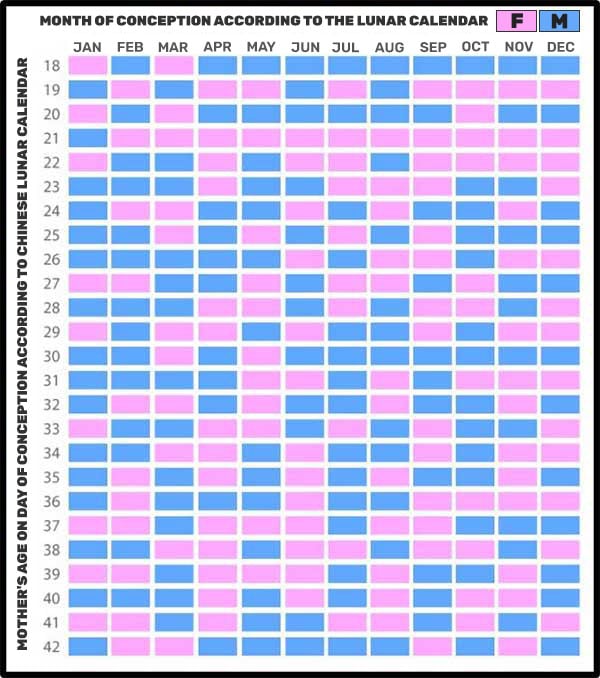
Pregnancy Prediction Calendar: A Comprehensive Guide to Conception Planning
Introduction
Conceiving a child is a momentous event in a couple’s life, and many factors can influence the timing and success of this endeavor. One valuable tool that can assist couples in planning their pregnancy is a pregnancy prediction calendar. This comprehensive guide will delve into the intricacies of pregnancy prediction calendars, empowering couples with the knowledge and resources to optimize their chances of conception.
Understanding the Female Reproductive Cycle
The foundation of pregnancy prediction lies in understanding the female reproductive cycle. Each month, a woman’s body undergoes a series of hormonal changes that prepare the uterus for potential pregnancy. The menstrual cycle typically consists of four phases:
- Menstruation: The shedding of the uterine lining, lasting approximately 4-5 days.
- Follicular Phase: The growth and maturation of an egg within a follicle in the ovary.
- Ovulation: The release of the mature egg from the ovary, typically occurring around day 14 of a 28-day cycle.
- Luteal Phase: The period after ovulation, when the egg travels through the fallopian tube and the uterine lining thickens in preparation for implantation.
Conception and the Fertile Window
Conception occurs when a sperm fertilizes an egg. The most fertile period of a woman’s cycle is known as the "fertile window," which encompasses the five days leading up to ovulation and the day of ovulation itself. During this time, the egg is viable and ready for fertilization.
Pregnancy Prediction Calendars
Pregnancy prediction calendars utilize a woman’s menstrual cycle history to estimate her fertile window and predict the most likely days for conception. These calendars are typically available as online tools or mobile applications.
How Pregnancy Prediction Calendars Work
Pregnancy prediction calendars work by tracking a woman’s menstrual cycle and identifying patterns. The calendar requires the user to input the first day of her last menstrual period (LMP) and the average length of her cycle. Based on this information, the calendar calculates the estimated date of ovulation and the fertile window.
Accuracy and Limitations
Pregnancy prediction calendars are generally accurate for women with regular menstrual cycles. However, they may be less reliable for women with irregular cycles or hormonal imbalances. Additionally, external factors such as stress, illness, or medication can affect the accuracy of the calendar.
Using Pregnancy Prediction Calendars
To effectively use a pregnancy prediction calendar, it is crucial to:
- Track your menstrual cycle: Consistently record the first day of each period and the length of your cycle.
- Input accurate data: Enter the correct LMP and cycle length into the calendar.
- Identify the fertile window: Use the calendar to determine the estimated days of ovulation and the fertile window.
- Plan intercourse: Engage in intercourse during the fertile window to increase the chances of conception.
Additional Tips for Conception
In addition to using a pregnancy prediction calendar, couples can enhance their chances of conception by:
- Maintaining a healthy weight: Obesity can interfere with ovulation.
- Quitting smoking: Smoking damages eggs and sperm.
- Limiting alcohol consumption: Excessive alcohol intake can impair fertility.
- Managing stress: Chronic stress can disrupt the menstrual cycle.
- Seeking medical advice: Consult a healthcare professional if you have difficulty conceiving after 12 months of unprotected intercourse.
Conclusion
Pregnancy prediction calendars are valuable tools that can assist couples in planning their pregnancy. By understanding the female reproductive cycle and using these calendars effectively, couples can optimize their chances of conception and embark on the journey of parenthood with confidence and preparation. It is important to remember that these calendars are not foolproof, and couples should consult a healthcare professional if they encounter any challenges or concerns.